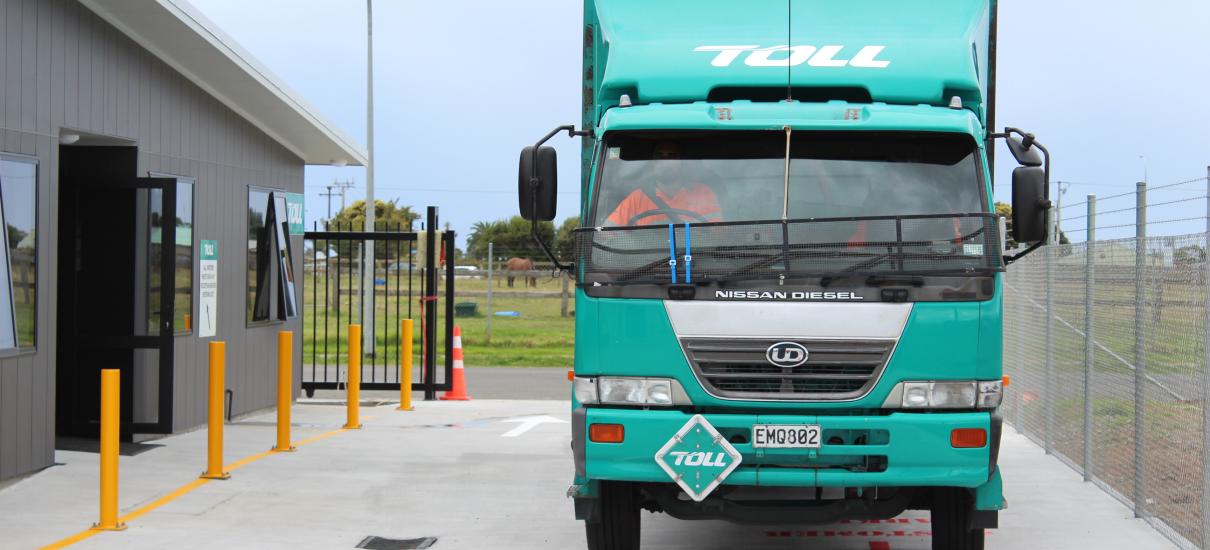
Cyclone impacts on supply chains and the trucking industry
As cyclones, hurricanes, and other extreme weather events become increasingly frequent, their impacts are being felt across industries, particularly those that depend on supply chains and trucking.
Supply chains, which bring goods from the manufacturer to the consumer, are being disrupted as roads are closed, ports are shut down, and transportation of goods is delayed. The trucking industry, which is integral to the supply chain process, is particularly affected by cyclones, as its vehicles cannot always traverse roads blocked by flooding and debris.
Effects of Cyclones on the Trucking Industry
Cyclones are large storms that form over tropical or subtropical waters, and can bring with them very strong winds, heavy rainfall and flooding. These storms can cause significant destruction to roads, bridges and other infrastructure, which can be especially damaging to trucking companies that rely on these roads and bridges to transport goods.
Damage to Infrastructure
When a cyclone hits, roads and bridges can be washed away or blocked by debris, while ports can suffer extensive damage to their infrastructure. This can lead to delays in the movement of goods, as vehicles are unable to access certain locations or cannot be loaded or unloaded at ports. The cost of repairs and the resulting delays can be significant for the trucking industry, and this can result in financial losses for businesses and truckers alike.
Disruption of Routes
When roads are closed due to cyclones, it makes it almost impossible for truckers to reach their destinations. This results in delays in shipments, as the truckers have to find alternate routes or wait for the roads to be reopened.
This can also cause an increase in expenses, as the truckers have to drive further and use more fuel to reach their destinations. Additionally, the delays caused by the disruption of routes can lead to a backlog of deliveries, which can cause further problems for the trucking industry.
The disruption of routes caused by cyclones can also have a long-term effect on the trucking industry. For example, if a road is damaged, it could take weeks or even months for it to be repaired, leading to long-term disruption of routes and delays in shipments. This can lead to a decrease in customer trust, as customers may be hesitant to use a trucking company if they believe their shipments could be delayed due to road closures.
Additionally trucks that are forced to take alternate routes for a longer period of time will see more kilometres done on their vehicles. The result of this is more wear and tear on truck parts, costing companies more to maintain their fleet.
Delays in Deliveries
The trucking industry is also adversely affected by the disruption to fuel supplies caused by cyclones. Fuel is essential for trucking companies and if it is not available due to flooding or power outages, then trucks are unable to travel. This can result in further delays to deliveries and financial losses.
The delays and disruption caused by cyclones can also have an effect on customer service. Customers rely on trucking companies to deliver their goods on time, and when this is not possible, it can lead to a loss of trust and reputation.
The trucking industry needs to be prepared for the disruptions caused by cyclones. Companies should have contingency plans in place for their deliveries, and should also have measures in place to protect their trucks from damage. It is also important to plan for fuel supply disruptions and ensure that there is an alternative source of fuel available.
Strategies to Mitigate the Effects of Cyclones on the Trucking Industry and Supply Chains
The first strategy is to plan ahead and prepare for the possibility of a cyclone. This includes creating a plan for an evacuation, if necessary, and developing a plan for alternate routes and delivery locations. Additionally, it is important to analyse the potential impacts of a cyclone on the supply chain and make sure that adequate insurance is in place to cover any potential losses.
Secondly, trucking businesses should ensure that their vehicles are in good condition and regularly serviced. This ensures that the vehicles can withstand strong winds and heavy rain, and minimises the risk of breakdowns and accidents. Additionally, drivers should be trained in safe driving techniques and be aware of the risks posed by cyclones.
Lastly, trucking businesses should consider investing in extra fuel, supplies, and equipment to ensure the continuity of their operations in the event of a cyclone. This includes having access to alternative routes and delivery locations and ensuring that fuel and supplies are stored in secure locations.
Conclusion
The potential for disruption of supply chains and the trucking industry due to cyclones and their associated impacts is an issue that should not be overlooked. By preparing for the potential impacts of extreme weather events, businesses can minimise the damage they may incur. This includes understanding the risks and vulnerabilities of their supply chains, investing in robust infrastructure, and establishing agreements that can mitigate the effects of cyclones.
Additionally, businesses should strive to develop a resilient and adaptive supply chain that can quickly respond to any disruptions. By taking these measures, businesses can help ensure that they remain competitive in a rapidly changing environment.



